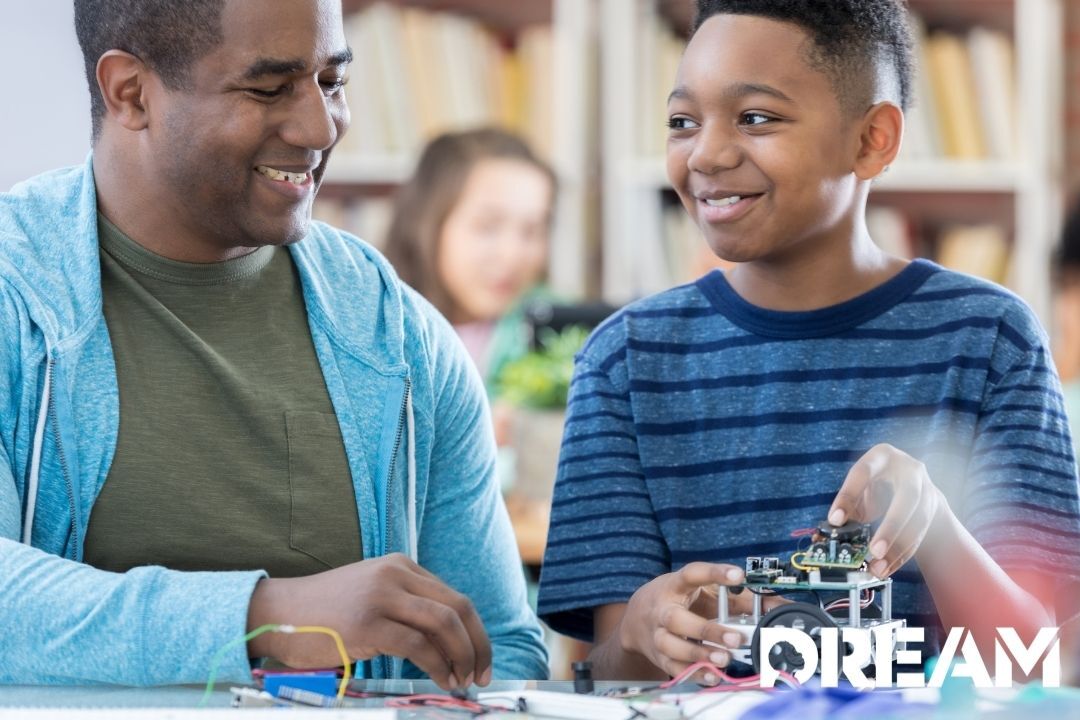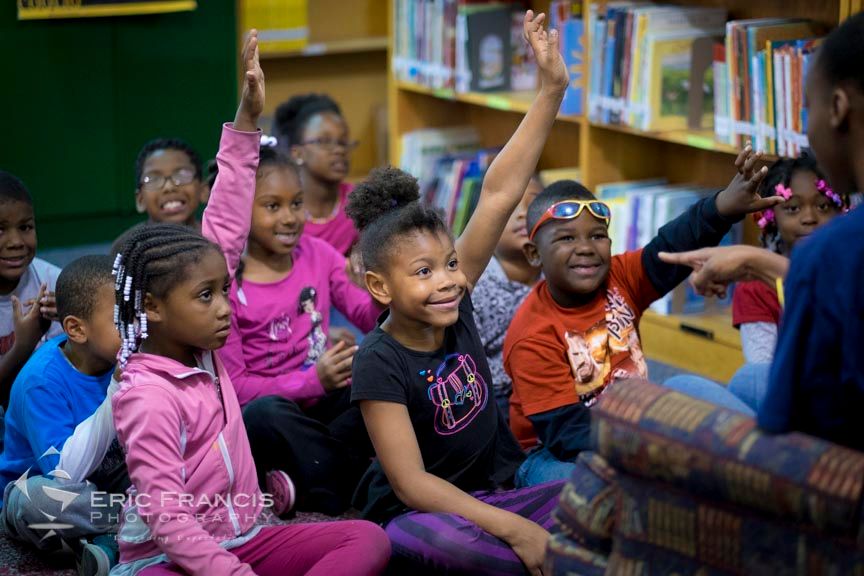
Mentoring is not only a transformative experience for at-risk teens, but it also has the power to create positive ripple effects within communities. Mentoring can help reduce crime, improve graduation rates and build stronger communities overall. Here’s how mentoring programs contribute to a safer, more resilient and tightly-knit community!
Reduced crime rates
Mentoring plays a pivotal role in reducing crime rates by providing guidance, support and positive role models to at-risk teens. Mentors offer guidance on making responsible choices, resisting negative influences and overcoming adversity. By fostering a sense of belonging, self-worth and empowerment, mentoring programs help redirect the lives of individuals who might otherwise be vulnerable to criminal activities.
As mentors instill values, life skills and character development, they equip mentees with the tools to make positive contributions to their communities. Through the establishment of trust and accountability, mentoring acts as a preventative measure, breaking the cycle of crime and creating safer neighborhoods.
Improved graduation rates
Mentoring programs have been shown to have a significant impact on improving graduation rates. Mentors provide academic support, encourage goal-setting and offer guidance on career pathways. By fostering a positive educational environment, mentors help students overcome academic challenges and stay motivated. They instill self-belief, resilience and a sense of purpose in mentees, increasing their likelihood of staying engaged and completing their education.
Mentoring also enhances school attendance and reduces dropout rates by creating a support system that holds students accountable and provides resources for academic success. Higher graduation rates lead to a more educated and skilled workforce, contributing to the socio-economic development of the community.
Stronger community bonds
Mentoring programs strengthen community bonds by fostering connections and bridging generational gaps. Mentors serve as bridges between different age groups, cultures and backgrounds, creating opportunities for mutual understanding and respect. Through the mentor-mentee relationship, communities become more cohesive and inclusive. Mentoring programs often involve community members who volunteer as mentors, fostering a sense of collective responsibility and engagement.
The positive impact of mentoring spreads beyond the mentor-mentee relationship, as mentees who are inspired by their mentors' guidance become role models and mentors themselves in the future. This creates a cycle of support, nurturing a tightly-knit community where individuals feel connected, valued and supported by their neighbors.
Join DREAM in mentoring at-risk teens
Mentoring has far-reaching effects within communities, transforming lives and creating a ripple effect of positive change. It’s important to recognize and support the power of mentoring in building brighter futures for individuals and fostering thriving communities. If you’re interested in volunteering with DREAM, contact us today for more information!


